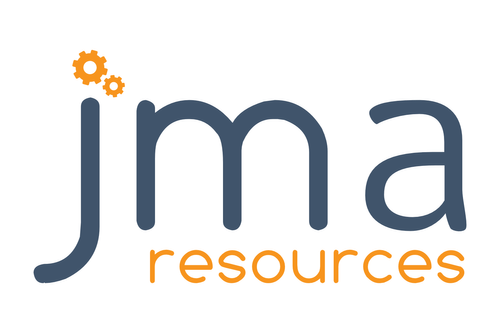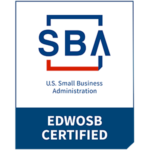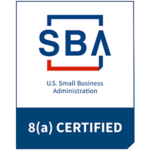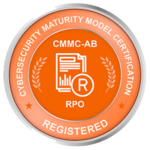Elevating Data Governance with JMA: Your Trusted Partner
In the modern world of business, where data plays a crucial role, enterprises are confronted with a multifaceted obstacle: how to harness the complete power of their data while maintaining a high level of consistency, reliability, and security. Achieving this delicate equilibrium requires effective data governance. At JMA, we excel in guiding businesses through the intricate terrain of data governance, providing customized solutions to tackle common challenges faced by industries and empowering organizations to emerge as frontrunners in the realm of data management.
Challenges in Data Governance
Implementing robust data governance practices can be a complex task for enterprises. Numerous obstacles need to be overcome in order to establish an efficient data governance framework. These hurdles encompass a wide range of issues that organizations frequently face, such as:
Lack of Data Alignment
Ineffective communication and coordination among various departments and groups in an organization can result in inconsistent data practices and a lack of data alignment.
Data Quality and Integration
The task of establishing smooth communication between applications and data sources is intricate. Without adequate integration, the quality and consistency of data are compromised.
Accountability and Ownership
Defining ownership and accountability for data assets can be a daunting task, resulting in confusion and mismanagement.
Cost Concerns
Failing to address data governance issues can result in substantial costs, as organizations grapple with inefficiencies and data-related challenges.
Challenges in Implementing Data Governance on Legacy Systems
Legacy systems pose a unique set of challenges when it comes to implementing data governance. Many organizations still rely heavily on these systems, which can hinder their efforts to establish robust data governance. The difficulties include:
Integration Complexity
Legacy systems often lack the flexibility and compatibility required for seamless data integration, making it challenging to ensure data consistency and accessibility.
Outdated Technology
These systems may use outdated technology stacks, making it difficult to implement modern data governance tools and practices.
Data Silos
Legacy systems often store data in isolated silos, complicating efforts to create a unified view of data assets.
Limited Support
Obtaining support and updates for legacy systems can be challenging, potentially leaving organizations vulnerable to data governance gaps.
GRC Integration for Enhanced Data Governance
Governance, Risk, and Compliance (GRC) is an organizational strategy that brings together the principles of governance, risk management, and compliance with industry and government regulations. This integrated approach aims to align IT with business objectives, mitigate risks, reduce costs, and ensure adherence to regulatory requirements. In the context of data governance, GRC can provide valuable enhancements:
Data Alignment and Governance
GRC, through its governance component, helps establish rules, policies, and processes that align corporate data practices with business objectives. It fosters data alignment by promoting ethical data handling, resource management, and accountability. This ensures consistent data practices across the organization.
Data Quality and Risk Management
GRC’s risk management aspect aids in identifying and mitigating data-related risks. It includes assessing data quality, cybersecurity threats, and information security vulnerabilities. By integrating risk management, organizations can enhance data quality and minimize data-related challenges.
Data Compliance
Compliance, as an integral part of GRC, ensures adherence to rules, policies, standards, and laws. By integrating compliance into data governance, organizations can establish data compliance policies and provide the necessary training to employees, reducing the risk of data-related legal issues.
GRC Tools for Data Governance
GRC tools are essential for managing operations, ensuring compliance, and mitigating risks. These tools encompass content and document management, risk data management and analytics, workflow management, audit management, and dashboards. Effective GRC tools create and distribute policies and controls, aligning them with regulations and compliance requirements, thus enhancing data governance.
Unlocking Data Governance Excellence through Integrated GRC Strategies
Elevating data governance with GRC strategies is a comprehensive approach that helps organizations align their data practices with business goals, manage data-related risks, and comply with regulations. By integrating governance, risk management, and compliance, organizations can make data-driven decisions, cultivate ethical data cultures, and enhance cybersecurity. The implementation of an effective GRC strategy, in partnership with JMA, requires clear goals, testing, and the active involvement of key stakeholders. In a data-driven world, GRC plays a vital role in ensuring that organizations effectively manage, protect, and harness the value of their data.
JMA: Your Trusted Partner in Data Governance
At JMA, we have a deep understanding of the intricacies and difficulties associated with data governance. To assist organizations in overcoming these obstacles, we provide a wide range of comprehensive solutions. What sets us apart is our distinctive approach and specialized knowledge, making us the preferred partner for organizations looking to improve and simplify their data governance efforts. Our adaptive data and analytics governance solution empowers you by giving you control over your data.

Empowering Your Data Journey
01
First, Understand, and Trust Your Data
Our solution empowers your organization to find, understand, and trust your data. We recognize the importance of not just organizing data but ensuring that people can comprehend and rely on it.
02
Taking Command of Your Data Landscape
Regain full visibility of your data landscape by centralizing metadata, making data accessible across your organization. Deliver data you can trust, complete with documented definitions and certified assets, instilling confidence in your users. Our scalable solution offers everything you need to ensure data accuracy, consistency, completeness, and discoverability.
03
Boosting Efficiency Across the Board
Enhance data transparency by establishing a single, enterprise-wide repository of assets, enabling every user to easily discover relevant data. Streamline operations with automated workflows, promoting collaboration and accelerating task completion. Gain a comprehensive understanding of your data’s journey through automated business and technical lineage, illuminating how data flows from source to report.
04
Mitigating Data and Compliance Risks
Our policy manager helps you mitigate compliance risks by creating data retention and usage policies applicable across the organization, ensuring data compliance requirements are met. Reduce data-related risks by building and maintaining a business glossary of approved terms and definitions, guaranteeing clarity and consistency in data assets for all users.
05
Partner with JMA for Data Governance Excellence
JMA understands the complexities of modern data governance and offers tailored solutions to help you navigate this landscape effectively. Our adaptive approach ensures that you not only manage your data but also optimize its value, reduce risks, and enhance compliance.
Join hands with us and embark on a data journey that transforms challenges into opportunities. Contact us today to explore our data governance services and discover how we can empower your organization to thrive in the data-driven era. Together, we’ll shape a future where data is your greatest asset.
Key Highlights of Our Data Governance Services
Thorough Data Management Assessment
We conduct an exhaustive analysis of your organization’s data processes, comparing them to industry best practices. This analysis identifies areas for improvement and enables us to develop a detailed plan for enhancing your data management practices.
Data Governance Maturity Assessment
Our experts assess your current data governance framework based on industry standards. We identify gaps in the existing governance framework and provide clear recommendations to elevate your organization’s data governance maturity. This includes establishing roles and responsibilities for data stewards, custodians, and managers, as well as implementing policies for data access, protection, quality, and dissemination.
Improved Data Alignment
Our data gap analysis provides insights into areas where your data practices fall short of industry standards, enabling targeted improvements that directly address gaps and shortcomings.
Enhanced Data Governance
Clear roles, responsibilities, and policies are established, ensuring that data is managed consistently and securely across your organization.
Operational Efficiency
Streamlined data management processes and improved governance empower your organization to make data-driven decisions with accurate, timely, and trustworthy data. This leads to more informed choices and improved operational outcomes.
Future Readiness
By embracing modern data practices and aligning with industry standards, your organization positions itself for future data-centric challenges and opportunities.
JMA and Data Governance: Your Path to Success
In the world of data governance, JMA stands out as a trusted partner, ready to guide you through the intricacies of data management and governance. Our solutions empower organizations to unlock the full potential of their data assets while ensuring consistency, reliability, and security.
Join us on this journey to harness the power of data for a brighter, more data-savvy future. Contact us today to learn more about our data governance services and how we can help you achieve data excellence.
